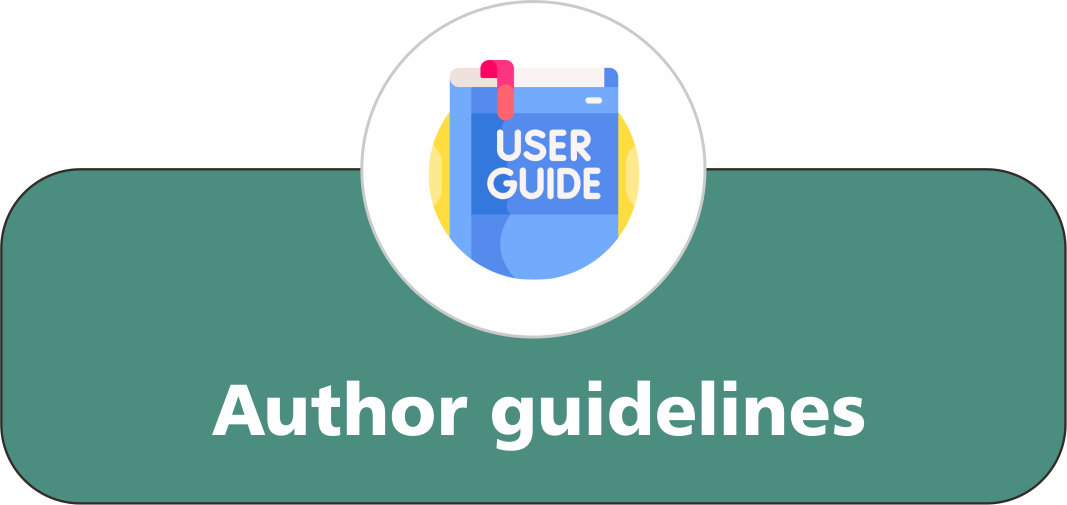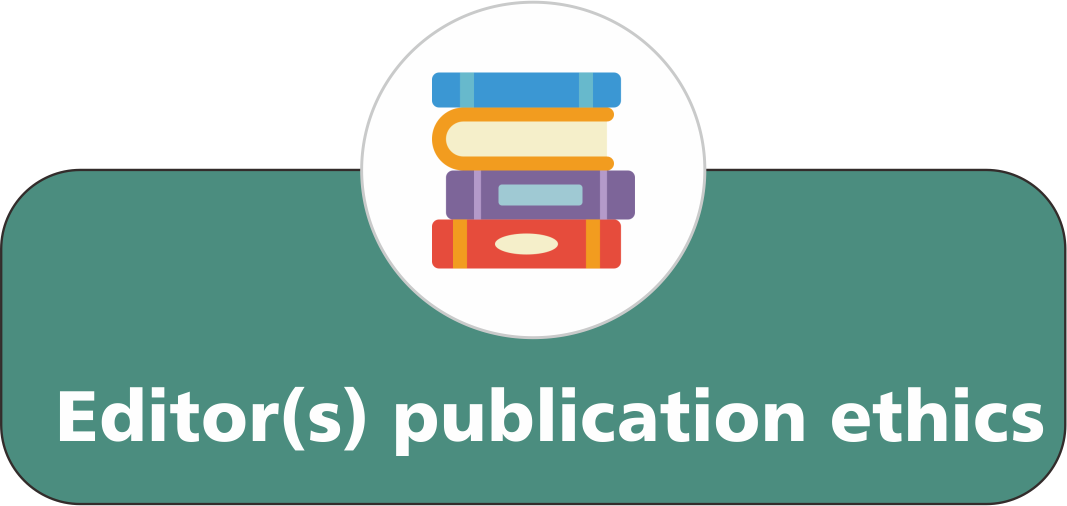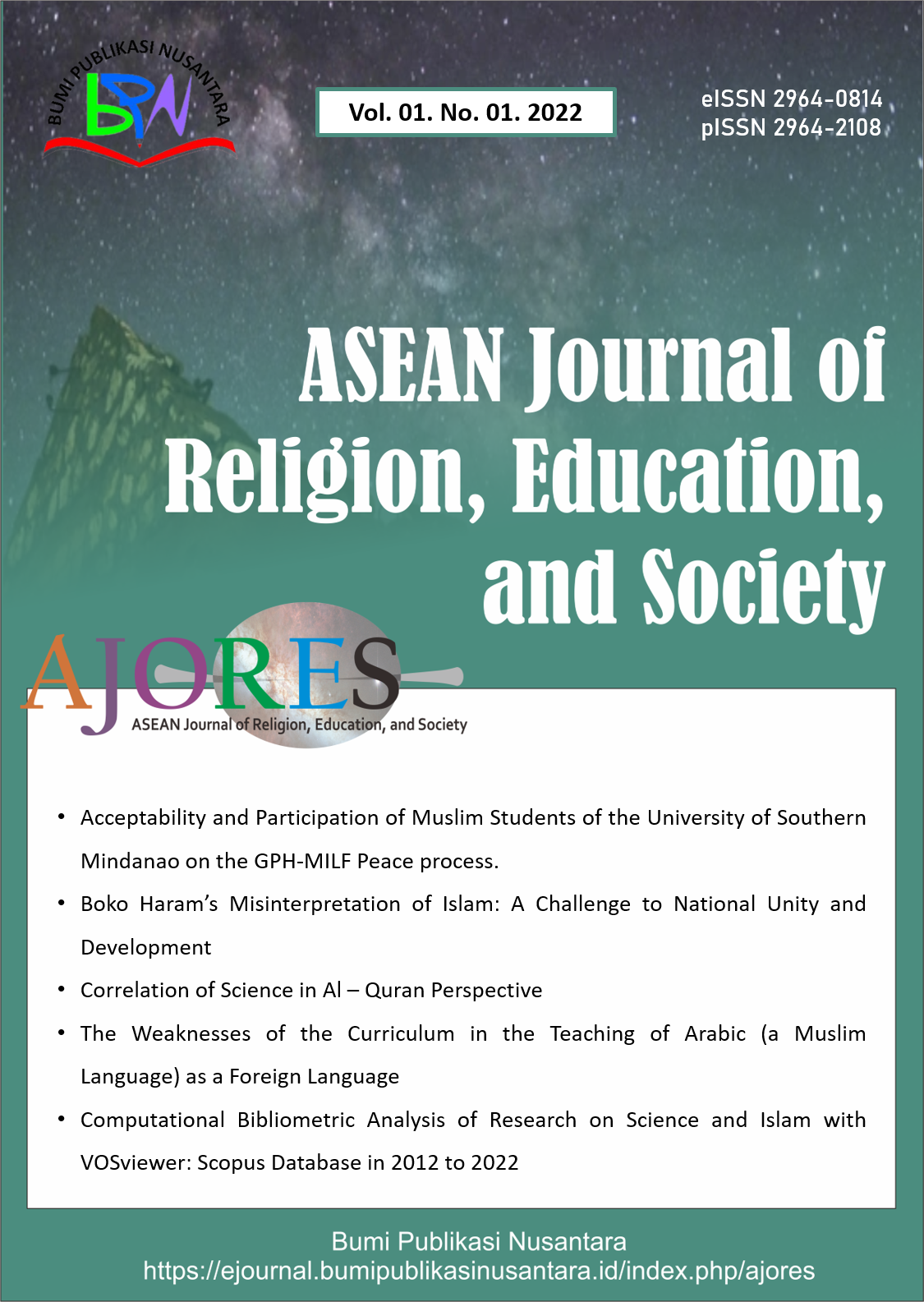Assessment of Pedagogical Competence of Islamic Religious Education (PAI) Teachers: A Literature Review
 ), Noor Malihah(2), Ferli Septi Irwansyah(3),
), Noor Malihah(2), Ferli Septi Irwansyah(3),
(1) State Islamic University of Samarinda
(2) State Islamic University of Salatiga
(3) UIN Sunan Gunung Djati
 Corresponding Author
Corresponding Author
Abstract
Keywords
References
Depaepe, F., Verschaffel, L., and Kelchtermans, G. (2013). Pedagogical content knowledge: A systematic review of how the concept has pervaded mathematics educational research. Teaching and Teacher Education, 34, 12–25.
Erviana, V. Y., Ghufron, A., and Retnawati, H. (2023). Validity and reliability of IoJEPD model instruments to improve elementary school teacher competence. Pegem Journal of Education and Instruction, 13(2), 200-206.
Herut, A. H. (2024). Global trends of research on advancing the pedagogical competence of preschool teachers: A bibliometric analysis. Social Sciences & Humanities Open, 10, 100947.
Kim, H., and Graham, K. M. (2022). CLIL teachers' needs and professional development: A systematic review. Latin American Journal of Content & Language Integrated Learning, 15(1), e1515.
Mahler, D., Bock, D., Schauber, S., and Harms, U. (2024). Using longitudinal models to describe preservice science teachers’ development of content knowledge and pedagogical content knowledge. Teaching and Teacher Education, 144, 104583.
Moreira, M. A., Arcas, B. R., Sánchez, T. G., García, R. B., and Melero, M. J. R. (2023). Teachers' pedagogical competences in higher education: A systematic literature review. Journal of University Teaching and Learning Practice, 20(1), 90-123.
Page, M. J., McKenzie, J. E., Bossuyt, P. M., Boutron, I., Hoffmann, T. C., Mulrow, C. D., Shamseer, L., Tetziaff, J. M., Aku, E. A., Brennan, S. E., Chou, R., Glanville, J., Grimshawa, J. M., Hribjartsson, A., Lalu, M. M., Li, T., Loder, E. W., Mayo-Wilson, E>, McDonald, S., MsGuinness, L. A., Stewart, L. A., Thomas, J., Tricco, A. C., Welch V. A., Whiting, P., and Moher, D. (2021). The PRISMA 2020 statement: an updated guideline for reporting systematic reviews. bmj, 372, n71.
Scortescu, M., and Sava, S. (2024). Research on pedagogical practice in initial teacher education for primary and pre-school teachers: A systematic literature review. Journal of Educational Sciences, 25, 33-55.
Shulman, L. S. (1986). Those who understand: Knowledge growth in teaching. Educational Researcher, 15(2), 4–14.
Article Metrics
Abstract View : 492 times
: 492 times Download : 382 times
Download : 382 times
Refbacks
- There are currently no refbacks.
Copyright (c) 2025 Bumi Publikasi Nusantara

This work is licensed under a Creative Commons Attribution-ShareAlike 4.0 International License.







